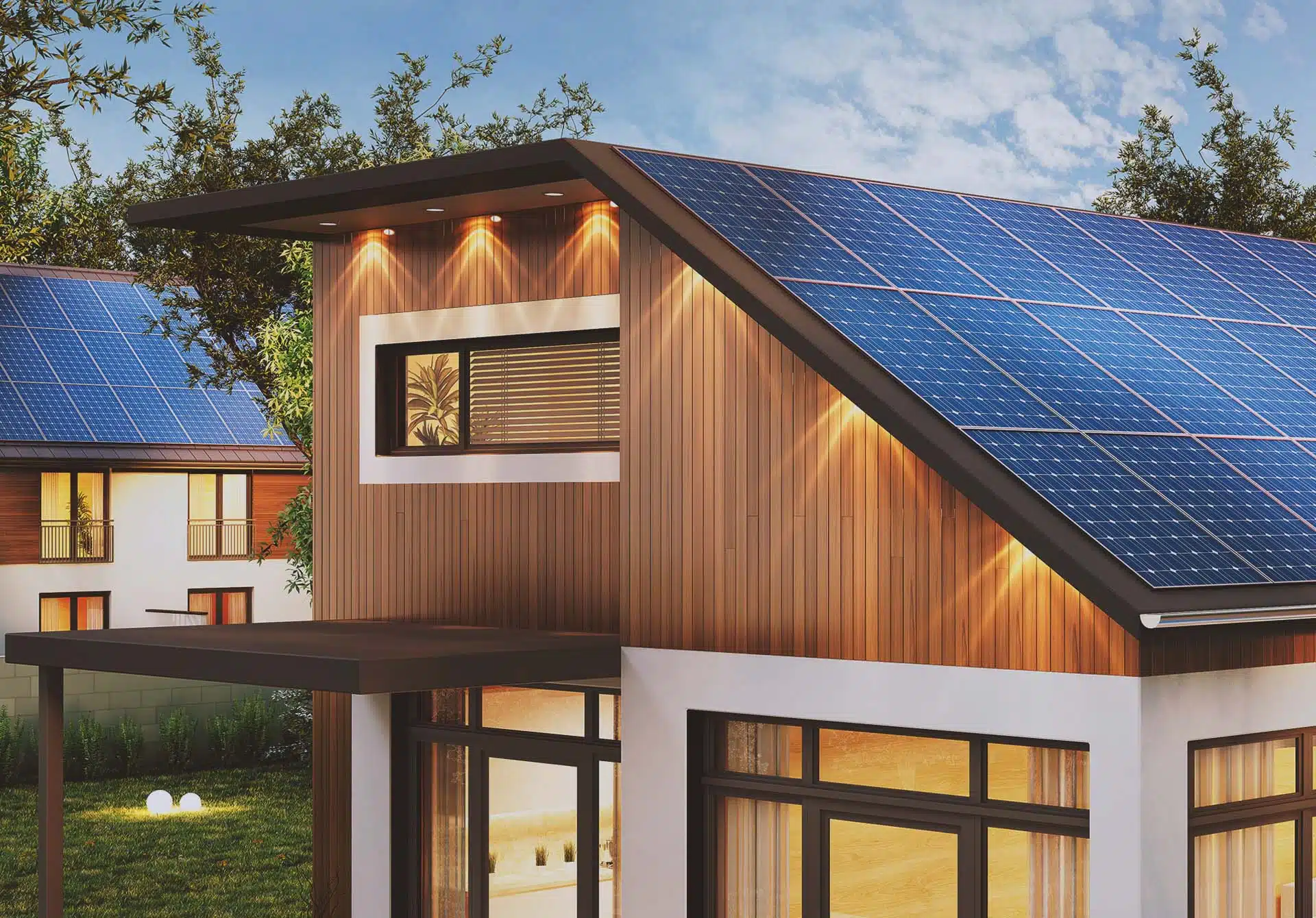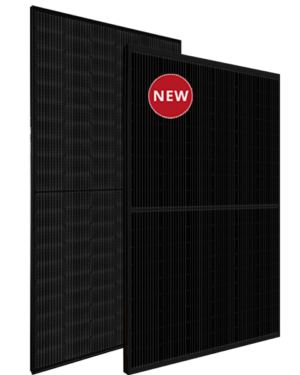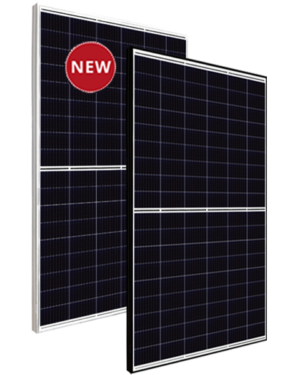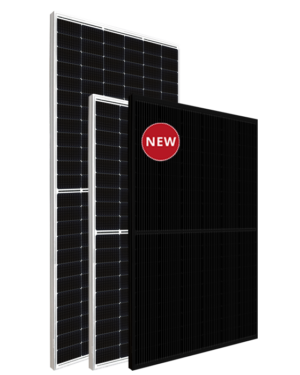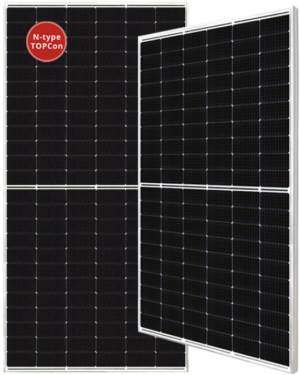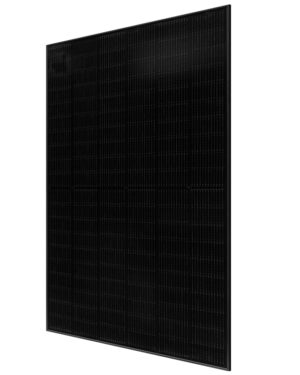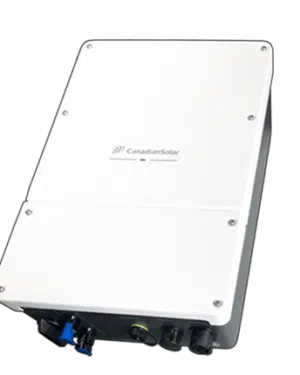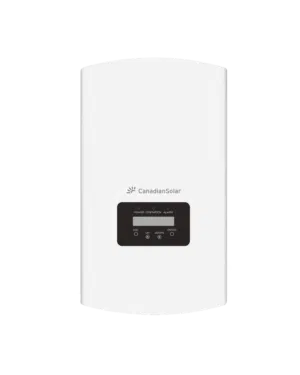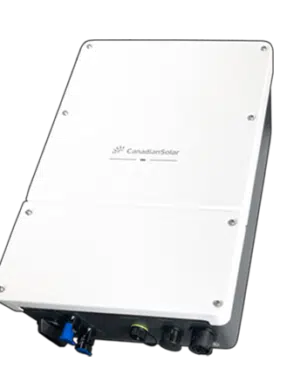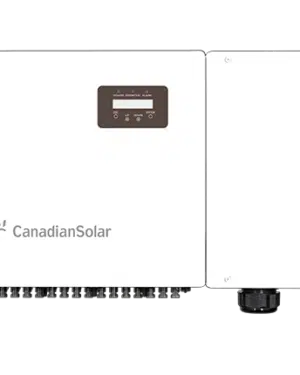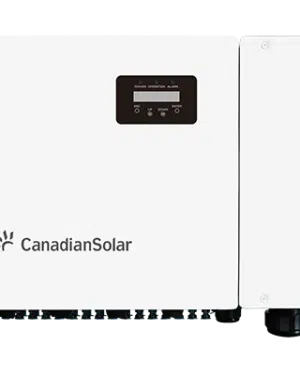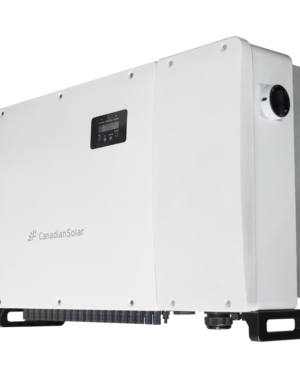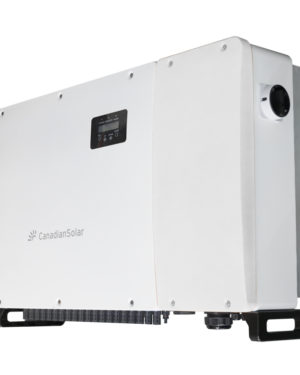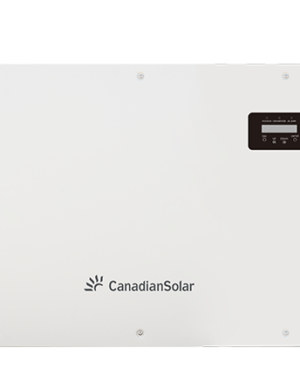Residential Solar
Residential solar panels are photovoltaic (PV) panels installed on the roofs of residential homes to generate electricity from the sun’s energy. These panels are made up of multiple PV cells that convert sunlight into direct current (DC) electricity. This electricity is then passed through an inverter, which converts it into alternating current (AC) electricity that can be used to power the home.
Residential solar panels have several benefits, including reducing electricity bills, decreasing reliance on fossil fuels, and reducing carbon footprint. Additionally, some areas offer government incentives, tax credits, or net metering programs that allow homeowners to sell excess electricity back to the grid.
When installing residential solar panels, it is important to consider factors such as the location, orientation, and shading of the home. A south-facing roof with minimal shading is ideal for maximum solar energy production. Additionally, it is important to work with a licensed and reputable solar installer to ensure the system is properly designed and installed.
Get Estimate
Contact us today to learn more about our services and how we can help you harness the power of the sun!
Products For Residential
SOLAR INVERTERS
There are many benefits of residential solar panels, including:
Lower electricity bills: By generating your own electricity, you can significantly reduce or eliminate your electricity bills.
Environmental benefits: Solar energy is a clean, renewable source of energy that does not emit greenhouse gases or pollutants, helping to reduce carbon footprint and air pollution.
Increase in property value: Homes with solar panels installed tend to have higher property values than those without solar.
Government incentives and tax credits: Many governments offer incentives and tax credits for installing solar panels, making them more affordable.
Energy independence: With solar panels, you are not reliant on the electricity grid, which can be vulnerable to power outages or price fluctuations.
Long-term savings: Solar panels have a lifespan of 25 to 30 years, which means that once installed, they can provide long-term savings on electricity costs.
Net metering: In some areas, net metering programs allow homeowners to sell excess electricity back to the grid, providing an additional source of income.
